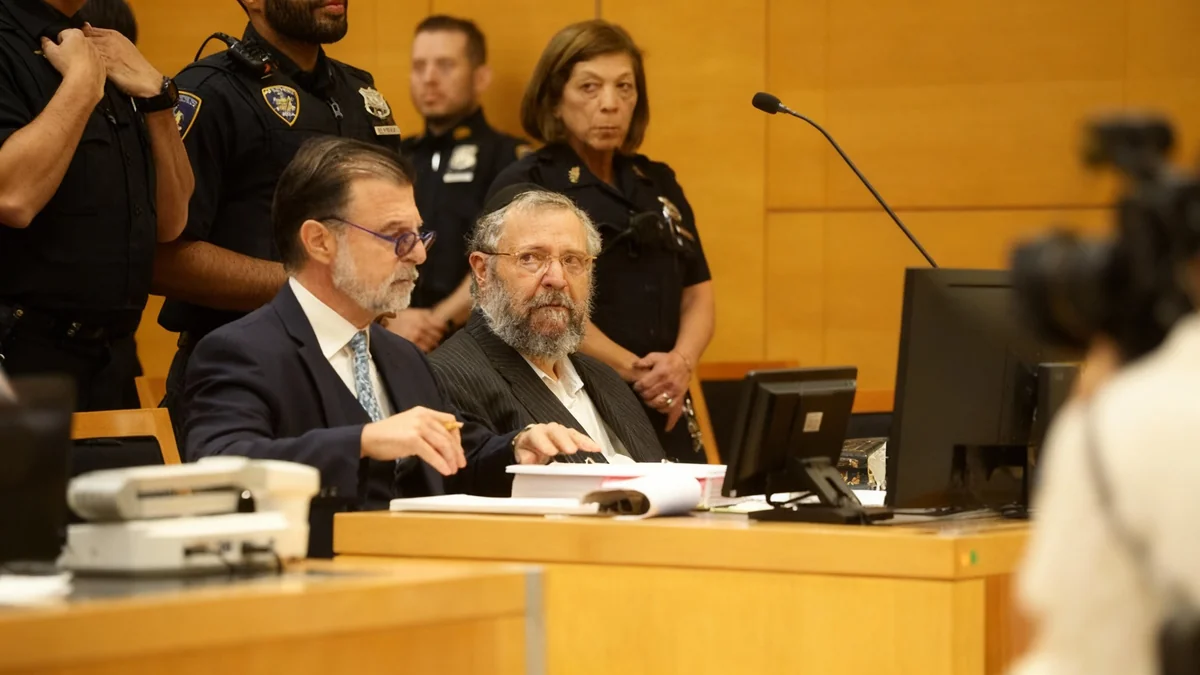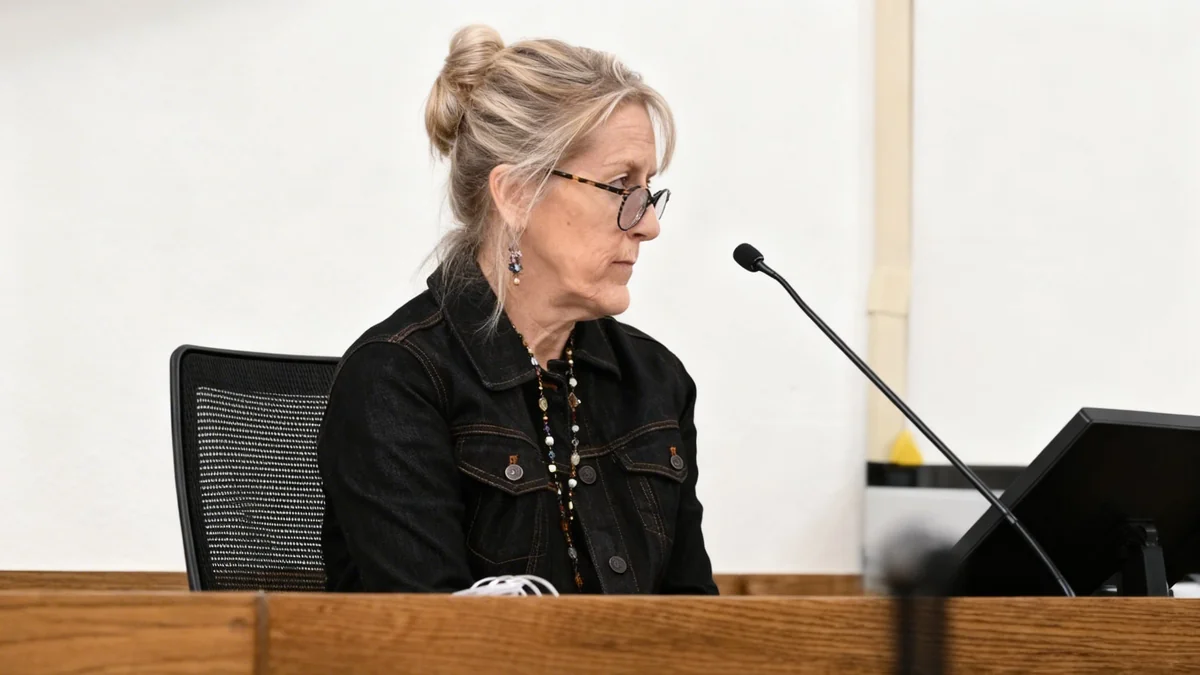A Brooklyn real estate investor, Sanford Solny, has been sentenced to up to seven years in prison for a fraudulent scheme that stripped vulnerable residents of their homes. The 68-year-old was convicted of stealing the deeds to 11 properties, leaving numerous families in financial distress.
The sentencing, delivered in Brooklyn Supreme Court on Wednesday, marks a significant chapter in a case that highlights the dangers of predatory real estate practices. While the court nullified the stolen deeds, the victims were denied financial restitution for the losses they incurred.
Key Takeaways
- Sanford Solny, 68, was sentenced to up to seven years in prison for a deed-theft scheme.
- He was convicted on 17 counts, including grand larceny and scheme to defraud, for stealing 11 homes in Brooklyn.
- A judge ordered the stolen deeds to be nullified, potentially allowing victims to reclaim their properties.
- The court did not grant financial restitution to the victims for lost rent and other damages.
The Court's Decision
Brooklyn Supreme Court Justice Danny Chun handed down the sentence, bringing a legal conclusion to a long and complex investigation. Solny, a former lawyer who was previously disbarred over fraud accusations, faced the consequences of a scheme that targeted distressed homeowners, primarily in minority communities.
During the sentencing, Solny addressed his family and friends but reportedly did not speak to the victims of his actions. His conviction in June included a total of 17 criminal counts, among them grand larceny, scheme to defraud, and criminal possession of stolen property.
Case by the Numbers
- 11 homes were stolen through the fraudulent scheme.
- 17 criminal counts were included in the conviction.
- Up to 7 years is the maximum prison sentence Solny will serve.
- $0 in financial restitution was awarded to the victims by the court.
A Partial Victory for Victims
A crucial part of Justice Chun's ruling was the decision to nullify the deeds for the 11 properties Solny illegally acquired. This action clears a path for the original homeowners to potentially reclaim their houses, a significant development for those who lost their most valuable asset.
However, the judge declined to order financial restitution. This means the hundreds of thousands of dollars Solny collected in rent from tenants he placed in the stolen homes will not be returned to the victimized families. For many, this leaves a deep financial wound unaddressed, even as they may regain their property.
How the Deed-Theft Scheme Operated
The case against Solny detailed a predatory method of operation. Investigators found that he targeted homeowners who were in financial trouble, often facing foreclosure or other hardships. He would convince these vulnerable individuals to sign complex documents they did not fully understand, effectively handing over the ownership of their homes.
What is Deed Theft?
Deed theft is a type of real estate fraud where a person is tricked or forced into signing over their property's deed. Scammers often target elderly, financially distressed, or non-English speaking homeowners with false promises of financial help or loan modification, only to steal the property's title.
Once he illegally obtained the deeds, Solny would move to evict the original owners. He would then rent out the properties, collecting income from the very homes he had stolen. This process left a trail of displaced families and financial ruin.
The scheme was not a one-time event but a calculated pattern that systematically preyed on residents in a vulnerable position. The conviction for a "scheme to defraud" reflects the organized and repeated nature of his actions across multiple properties and victims in Brooklyn.
The Lingering Impact on Families
For the families affected, the legal battle has been a long and arduous journey. Many lost not only their homes but also their sense of security and financial stability. The emotional toll of being evicted from a home that had often been in their family for years is immense.
While the prison sentence provides a measure of justice, the lack of financial compensation is a significant setback. These families now face the challenge of rebuilding their lives without the funds they lost during the period they were displaced. The rent money collected by Solny, which could have helped them recover, remains beyond their reach through the court's ruling.
The case serves as a stark reminder of the dangers posed by predatory actors in the real estate market. It underscores the importance of legal protections for homeowners and the need for vigilance when dealing with unsolicited offers of financial assistance related to property.
As Sanford Solny prepares to serve his sentence, the families he targeted are left to navigate the complex process of reclaiming their homes and attempting to recover from the profound disruption his actions caused in their lives.





